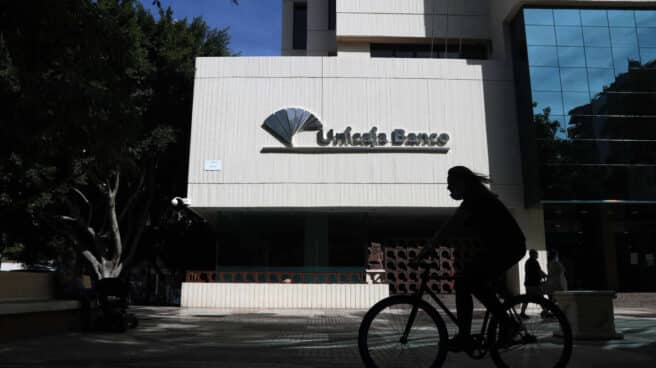

The building of the headquarters of Unicaja Banco in Malaga.
The Board of Directors of Unicaja Banco approved this Friday the organization’s compliance with the Code of Good Practice for Immediate Action on Mortgage Debtors at Risk of Vulnerability, approved by the Council of Ministers on 22 November.
Thus, the organization joins the measures proposed to alleviate the financial burden of families with floating rate mortgages in their place of usual residence. In this sense, Unicaja Banco intends to offer suitable solutions for mortgage financing to support its clients in economic difficulties and thereby help to mitigate the effects of the current adverse economic situation, marked by rising interest rates and escalating inflation.
This compliance reinforces Unicaja Banco’s commitment to the Code of Good Practice for Immediate Action for the Protection of Underfunded Mortgage Debtors, approved in 2012 and followed by the organization at the time, and its subsequent revisions. This Code of Good Practices establishes a set of measures for the restructuring of debt with a mortgage pledge at the usual place of residence, aimed at protecting the mortgage debtor.
In addition, this merger is part of Unicaja Banco’s corporate social responsibility activities, which are promoting various initiatives of this type, such as funding lines and support measures for families in difficult economic situations, In addition to applying the strategic protocol promoted by the banking sector in 2021, revised in 2022, strengthen the financial inclusiveness of the population in general and certain vulnerable groups in particular. Other initiatives in this sense are, for example, continuing to join the Social Housing Fund with a contribution of 500
at home today, in addition to the actions being promoted during the 2020 coronavirus crisis to help individuals and companies.
Thus, in addition to opportunistic support measures in connection with COVID-19, Unicaja Banco has developed areas of financing and support for families, including those related to social housing. The company is developing a set of measures (revision of financial conditions, restructuring and refinancing of debts, deferred payment and social rent) aims to make it easier for customers in a situation of short-term economic difficulties to fulfill their obligations received from the concluded loans, which were used by a little over 2,800 families in 2021.
Source: El Independiente